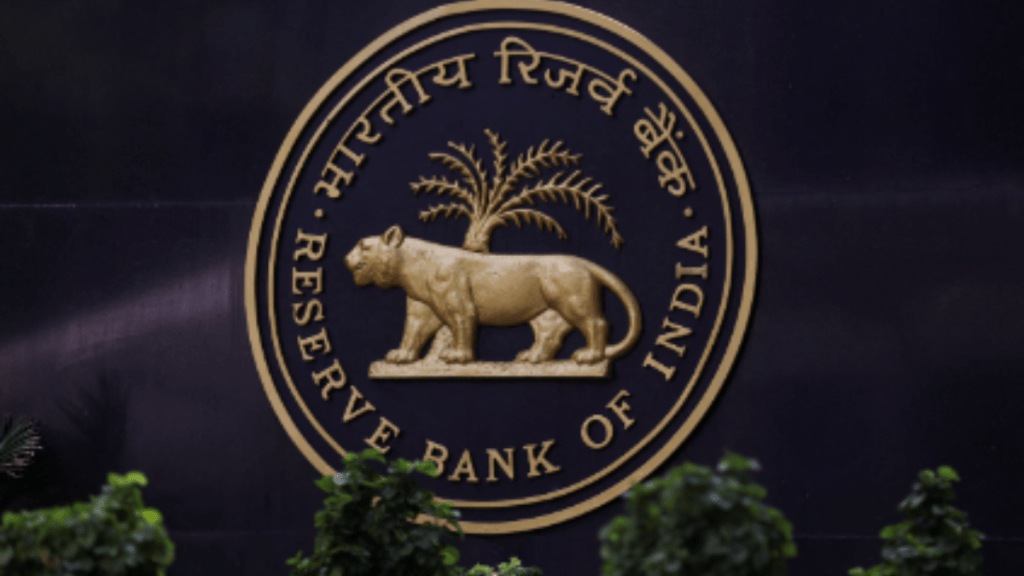The Reserve Bank of India (RBI) on Thursday released its final guidelines for financial technology firms to create a self-regulatory organisation (SRO) aimed at enforcing regulatory standards and fostering transparency in the sector.
According to the guidelines, SROs should be development-oriented, true representative and legitimate arbiter of disputes.
An SRO for fintechs (SRO-FT), an industry-led entity, “should gain the legitimacy and credibility to not only frame baseline standards and rules of conduct codes, but also effectively monitor and enforce them,” the central bank said.
RBI governor Shaktikanta Das had in September last year said that fintechs should create a self-regulatory body to address their needs and challenges. The central bank had released draft guidelines in January this year, after which industry bodies had sent in their feedbacks.
“The SRO-FT should operate objectively, with credibility and responsibility under the oversight of RBI. It should strive towards healthy and sustainable development of the fintech sector and, if necessary, identify a glide path to a phased regulatory and/or supervisory compliance,” the RBI said.
The guidelines added that the SRO-FT should derive its strength from its membership, ensuring that it is truly representative of the fintech sector, including fintechs that are currently regulated by RBI and it should be development-oriented, actively contributing to the growth and evolution of the industry.
To maintain credibility, the SRO-FT should operate independently, free from the influence of any single member or group of members as this would ensure refined decision-making and prevent the organisation from being swayed by the interests of a dominant few. Members should perceive the SRO-FT as a legitimate arbiter of disputes and should be capable of motivating its members to align with regulatory priorities.
Shareholding of the entity should be sufficiently diversified, and no entity should hold 10% or more of its paid-up share capital, either singly or acting in concert, according to the final norms.
Industry bodies hailed the new guidelines. “The much- awaited SRO-FT guidelines by the RBI are laudable on many accounts- it recognises the multiple streams and businesses in fintech, such as digital lenders, account aggregator and P2P business, that are an important part of Indian fintech services; it gives prominence to the non-regulated entities who are often considered the backbone of the sector,” said Jatinder Handoo, CEO, Digital Lenders Association of India. “The guidelines point towards providing the SRO-FT with capabilities to support new-products and services,” he added.
Payments Council of India (PCI) said it will apply for the SRO. “PCI will apply for the SRO under a new non-profit entity as envisaged by the RBI as we strongly believe that by pivoting towards a culture of self-governance, all our members will proactively set and adhere to industry standards and best practices,” said Vishwas Patel, joint managing director at Infibeam Avenues, and chairman, PCI. “This approach could empower all of us to demonstrate our commitment to responsible conduct and innovation even in cases where there is an absence of formal regulation,” he added.
